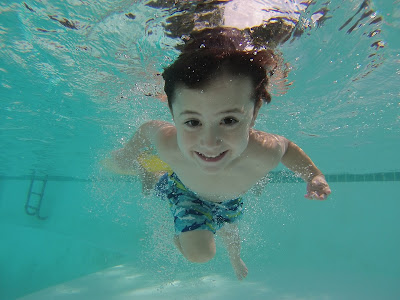Hard Water and Swimming Pools

It can be difficult to maintain the proper water hardness in a swimming pool. If you don’t know what type of water you are dealing with, your task becomes even harder (no pun intended!). Hard water clogs pipes and pumps with deposits. This can make your pool water appear cloudy. It can also create scales on the pool filter, impacting its functioning. On the converse side, water that isn’t hard enough can also cause problems. Soft water can damage metal, concrete and tile in your pool, because it can dissolve the minerals they contain. The best solution is to test pool water regularly. Use hard water strips to test the water. This can monitor the total hardness. Water hardness below 200 ppm is too soft for pool water. Hardness above 400 ppm is too hard. If the water is too soft, you may need to add a calcium chloride solution to your pool water to bring it within the optimal hardness range. If your pool water is too hard, you may need a w...
